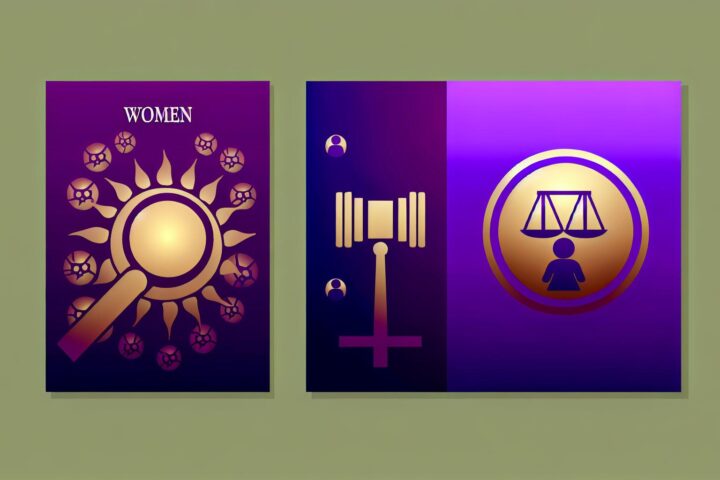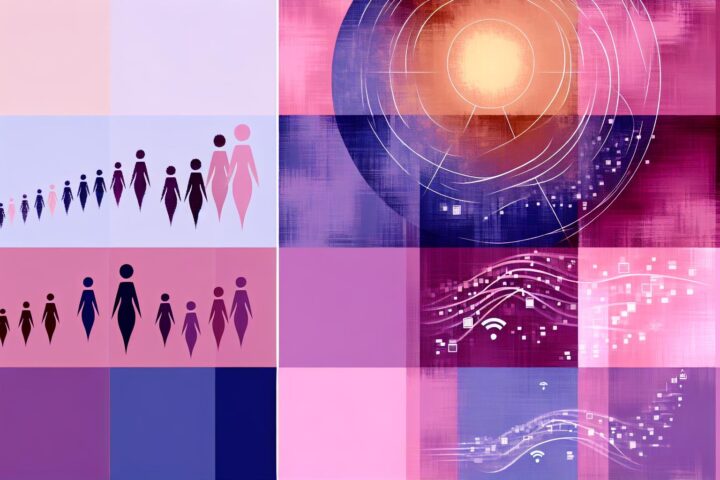Key Takeaways
Ability status refers to an individual’s physical or mental capabilities and limitations.
Understanding and respecting ability status is crucial for creating an inclusive society.
There are various factors that can impact ability status, including genetics, accidents, and illnesses.
People with disabilities often face barriers and discrimination in various aspects of life.
Advocacy and awareness are essential for promoting equal opportunities and rights for individuals with different ability statuses.
Introduction
Ability status is a term that encompasses an individual’s physical or mental capabilities and limitations. It is an important aspect of human diversity and plays a significant role in shaping an individual’s experiences and opportunities in life. Understanding and respecting ability status is crucial for creating an inclusive society where everyone has equal rights and opportunities. In this article, we will explore the concept of ability status, its impact on individuals, and the importance of promoting inclusivity and equality for people with different ability statuses.
Factors Influencing Ability Status
Ability status can be influenced by various factors, including genetics, accidents, and illnesses. Some individuals are born with certain physical or mental conditions that affect their abilities from an early age. These conditions can range from developmental disabilities, such as Down syndrome, to physical disabilities, such as cerebral palsy. Other individuals may acquire disabilities later in life due to accidents, injuries, or illnesses. For example, a person may become paralyzed after a spinal cord injury or develop a mental health condition after experiencing trauma.
It is important to note that ability status is not solely determined by a person’s physical or mental condition. It is also influenced by societal attitudes, accessibility, and support systems. For instance, a person with a physical disability may have different abilities depending on the availability of assistive devices, accessible infrastructure, and inclusive policies. Similarly, a person with a mental health condition may have different abilities depending on the availability of mental health services, support networks, and understanding from others.
Barriers and Discrimination
People with disabilities often face barriers and discrimination in various aspects of life. These barriers can be physical, such as inaccessible buildings or transportation, or attitudinal, such as stereotypes and prejudices. Discrimination can manifest in the form of exclusion from education, employment, healthcare, and social activities. It can also lead to limited opportunities for personal growth, independence, and social participation.
One common barrier faced by individuals with disabilities is the lack of accessibility. Many public spaces, including buildings, transportation systems, and websites, are not designed to accommodate the needs of people with different abilities. This lack of accessibility can prevent individuals with disabilities from fully participating in society and accessing essential services. Additionally, negative attitudes and stereotypes towards disability can contribute to the marginalization and exclusion of people with disabilities.
Advocacy and Awareness
Advocacy and awareness play a crucial role in promoting equal opportunities and rights for individuals with different ability statuses. Advocacy involves speaking up for the rights and needs of people with disabilities and working towards systemic changes that promote inclusivity and accessibility. It can take various forms, such as lobbying for policy changes, raising awareness through campaigns and events, and providing support and resources to individuals with disabilities.
Increasing awareness about ability status is essential for challenging stereotypes, reducing stigma, and promoting understanding and empathy. Education and awareness campaigns can help dispel misconceptions about disabilities and highlight the diverse abilities and contributions of individuals with disabilities. By promoting inclusivity and celebrating diversity, society can create an environment where individuals with different ability statuses can thrive and reach their full potential.
Conclusion
Ability status is a fundamental aspect of human diversity that influences an individual’s physical and mental capabilities and limitations. Understanding and respecting ability status is crucial for creating an inclusive society where everyone has equal rights and opportunities. Factors such as genetics, accidents, and illnesses can impact ability status, but societal attitudes and accessibility also play a significant role. People with disabilities often face barriers and discrimination, which can limit their opportunities and participation in society. Advocacy and awareness are essential for promoting equal opportunities and rights for individuals with different ability statuses. By working towards inclusivity and challenging stereotypes, we can create a society that values and supports individuals with diverse abilities.








